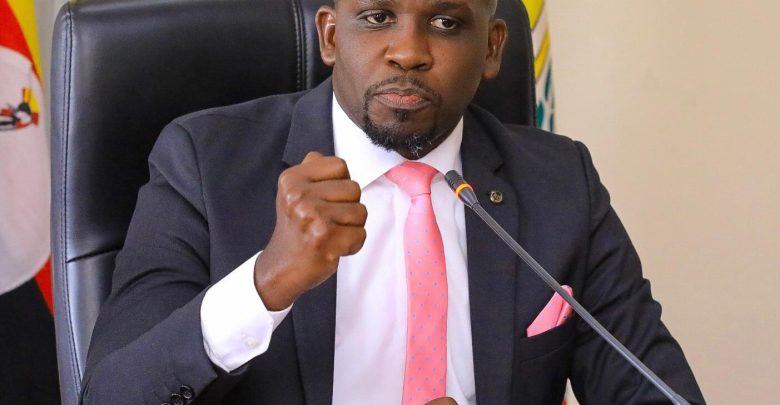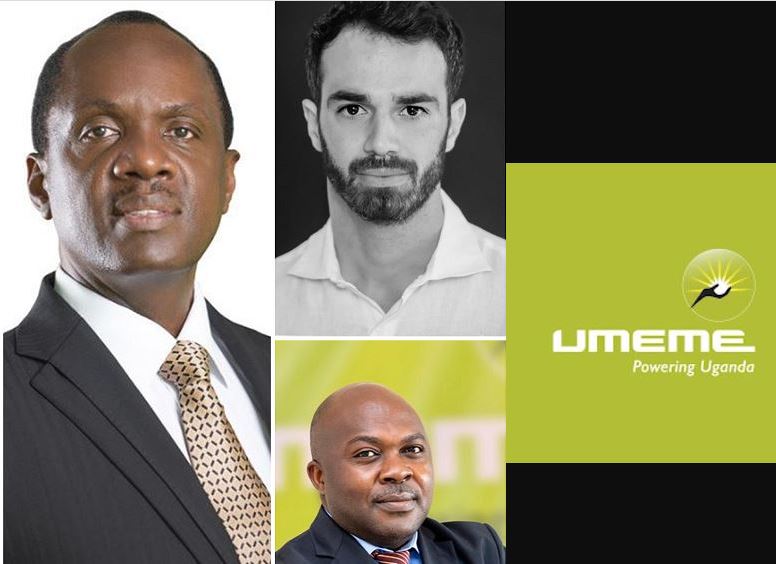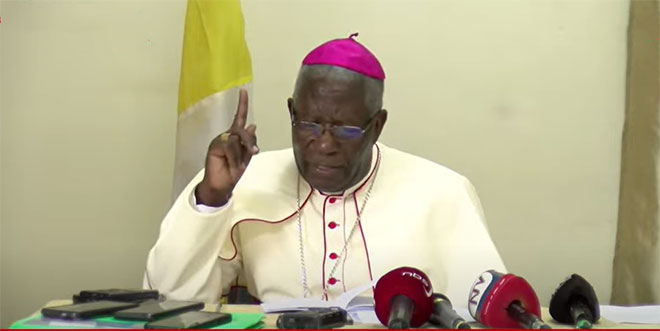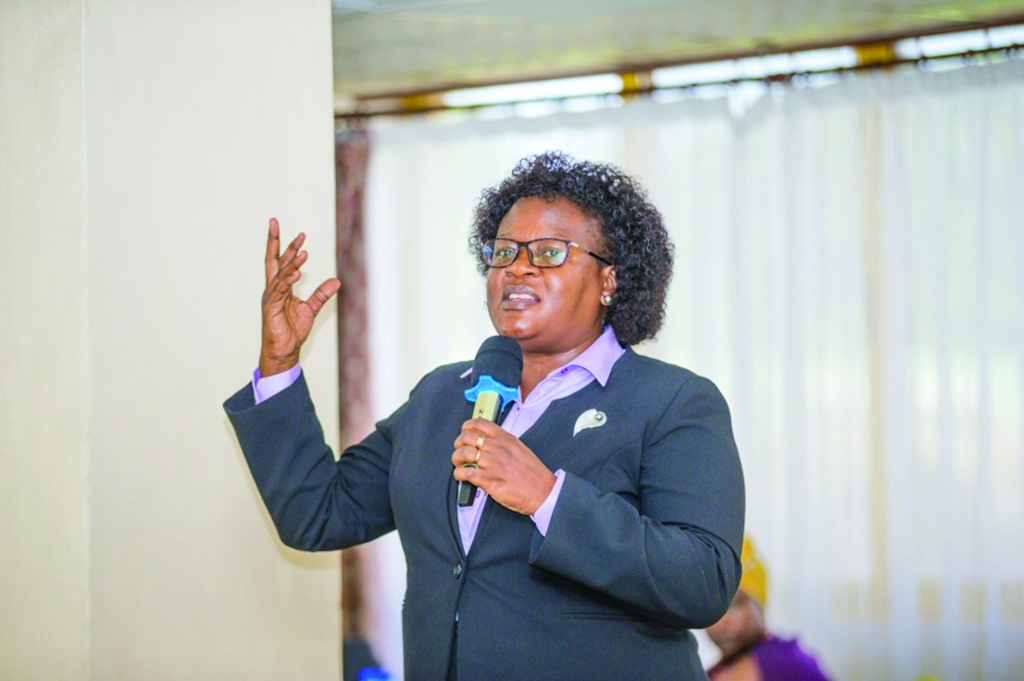
The Kampala Capital City Authority (KCCA) Executive Director Dorothy Kisaka has given a broad overview of what has happened in Kampala during the year 2022.
During a media briefing at City Hall on Wednesday, Kisaka highlighted the progress and achievements of the City and also shared her plans for the new year 2023.
Among the key achievements is the construction of 29 kilometers of city roads and 6.4km of drainage which have improved the city infrastructure and outlook. The city has also established an online platform has enabled city dwellers to apply for building permits and plans online.
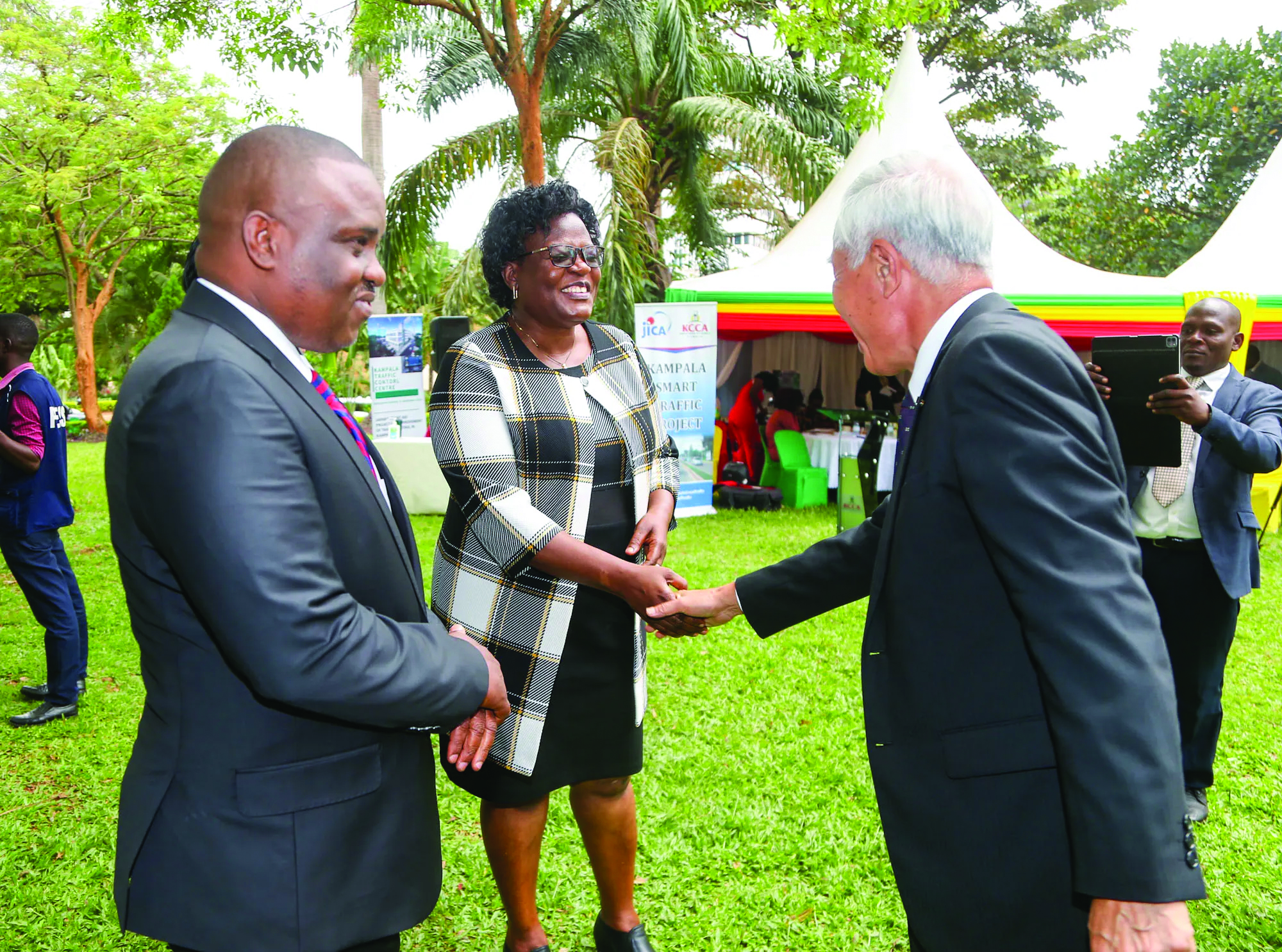 Partnering with the Japan International Cooperation Agency (JICA), KCCA also launched the construction of Traffic Control Center at City Hall and signalization of 27 junctions.
Partnering with the Japan International Cooperation Agency (JICA), KCCA also launched the construction of Traffic Control Center at City Hall and signalization of 27 junctions.
The city has also registered success in the establishment of more working spaces for former street vendors and hawkers who are now in organized working spaces.
Just this month, KCCA launched a tourist information center at Sheraton Gardens where tourists can access all information regarding tourism in Kampala and Uganda at large.
Regarding revenue collection, KCCA achieved 95% of the revenue collection and collected UGX99b. In the same year for the first time in history, KCCA exceeded its quarter revenue collection in the first quarter of financial year 2022/23. The revenue collected for this first quarter was UGX24.9bn against a target of UGX 24.7bn implying a performance of 100.5%.
Kampala has also registered a progressive implementation of the Parish Development Model where all 99 assistant ward administrators have been recruited, Sacco’s registered and all the other processes for receiving the revolving fund fulfilled.
In November government handed over the administration of all public markets to KCCA. This is great achievement since it will enhance revenue collection, curb conflicts in the markets among others. So far KCCA has harnessed the administration in Owino, Nakasero and Wandegeya market.
The Ministry of Local Government handed over Busega market to KCCA which will be responsible for allocation of stalls, work on parking and other missing gaps.
Kisaka was also proud of the continued rehabilitation of street children which is comprehensive program to have the abusers arrested and children rescued.
“The children who have been rescued are in school and we want to clear the street of any children,” Kisaka said.
For all these achievements and more Kisaka did not forget to thank God for the gift of life and his favor throughout the year.
“God is great! He has been good to us and we have been able to overcome Covid19 and Ebola this year,” Kisaka said.
The focus in 2023
The focus in 2023 is to ensure the Kampala remains a vibrant city, with focus on the delivery of quality public transport solutions, the construction and revamping of roads and creating more business opportunities.
The city has 2,100 km of roads, of which 600 km are paved or tarmacked but 1,500 km are not paved or gravel.
With funding from the African Development Bank (AfDB) KCCA is to reconstruct at least 29 roads totaling to about 70 kilometers.
“These roads works will begin in February 2023 and roads like Salaama road, Old Port Bell road, roads in industrial area among others,” Kisaka said.
She revealed that these roads will improve the outlook of the city and overall wellbeing of community
“We shall have fence to fence construction of these roads where by each road will have a walkway, security lights and drainage,” Kisaka said.
She revealed this kind of construction is partly responsible for the high per unit cost of the city roads.
Focus will also be on maintaining community roads with support from the Uganda Road Fund.
She highlighted the infrastructure investments including lighting the city where at least 20,000 security lights are to be installed in the city.
Enhancing revenue especially improving collections from the markets is also on top of the agenda. Before the presidential directive on markets, KCCA was not collecting any coin despite spending a lot of money on utilities and garbage collection in these markets.
“We want to go cash less to collect revenue from these markets to avoid corruption. We want to work with banks to provide us with swiping cards, so that this money goes directly on the account,” Kisaka said.
KCCA will also continue with the process of organizing the public transport system in the city and ensuring boda boda industry is regulated.
“We are not chasing boda boda out of the city but organizing them. On some roads and the CBD, we they will not be allowed in. We are looking for ways for Boda Boda to coexist with others,” Kisaka said.
With solid waste management still a big issue in Kampala, Kisaka says in 2023, KCCA is to increase garbage collection and introduction innovations for better waste management.
With the implementation of PDM taking center stage 2023 is the year when the beneficiaries are expected to receive the money to invest in their enterprises.
Kisaka calls for more funding
In terms of financing needs, KCCA needs an average of UGX 100 billion per year just to maintain the roads in a motorable condition. This includes management of street lights, traffic lights, road safety, and walkways.
KCCA received UGX26bn from road fund for road maintenance which the ED says is little money compared to work at hand.
“About 360 km of roads are old and have been patched too many times. Experts say that, on average, a paved road is expected to last 15 – 20 years before reconstruction. The 360km in Kampala is over 35 – 40 years old. They need overhauling, they have outlived their lifetime,” Kisaka said.
For road reconstruction and road upgrading or over hauling, KCCA needs on average UGX 375bn per year to be able to redeem at least 50 km of dead roads per year.
The other challenge is encroachment on wetlands, poor disposal of garbage which have exacerbated the challenge of floods in the city.
However, Kiska says the drainage system will have to be improved and people encroaching on wetlands cautioned.
“We are therefore boldly asking government to prioritize Kampala and avail us a larger budget for roads in the city so that we can realize a Smart City agenda,” Kisaka said.
She revealed that the consumptive budget cannot build a Smart city.
“We need to invest in infrastructure significantly to create a capital city we dream of. The problem is not management, we know what to do and the plans are there. We need funding,” Kisaka said.

